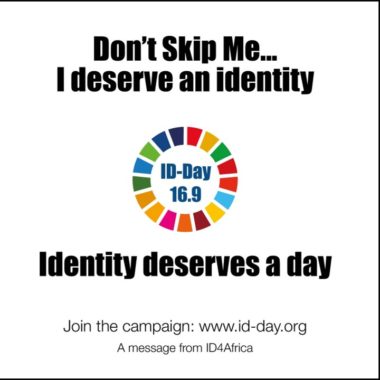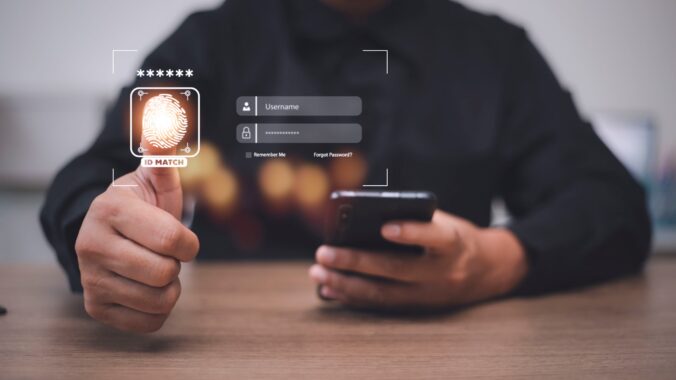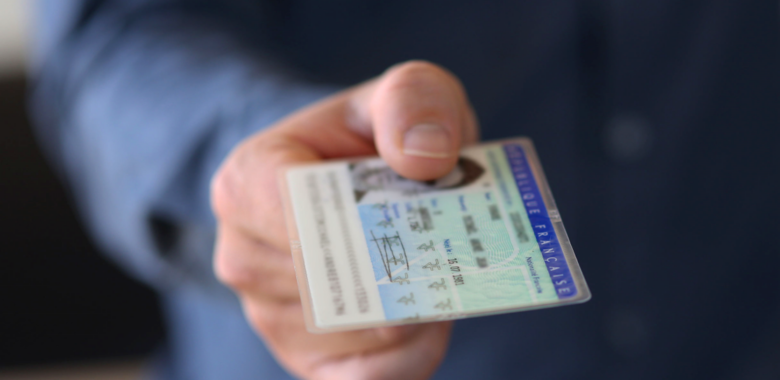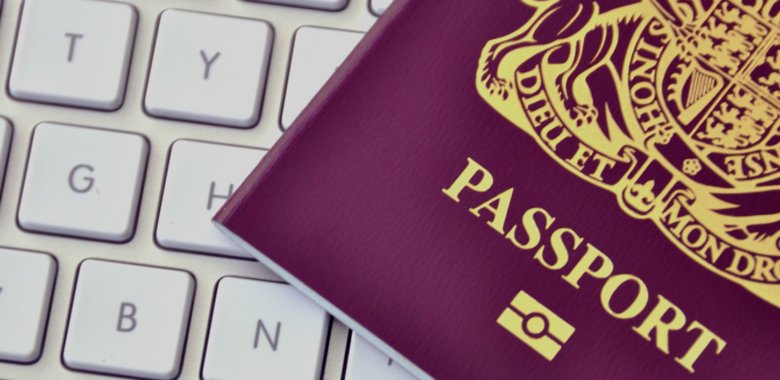When we discuss the importance of identity, it’s usually in relation to advancements in digital identity. Whether it’s biometric passports, Foundational ID, Border control or travel facilitation solutions, or ID wallets – the focus of a lot of thought leadership within the industry usually centres on the tech innovations that enable us to prove our identity instantaneously, seamlessly and securely.
While these developments are important and (rightly) get a lot of attention – in this blog we’ll be highlighting the wider issue of identity as a basic human right.
Identity as a human right
Every year on the 16th September we recognise International ID Day. It’s an important and symbolic day in the fight for everyone to have a legal identity; the date is chosen in recognition of the UN’s Sustainable Development Goal 16.9 which calls for the provision of legal identity for all by 2030, including birth registration.
According to the World Bank, more than 1 billion people in the world today do not have the legal means to prove their own identity. Just take a step back and consider that fact. In 2022, one seventh of the world’s population cannot prove who they are – and the implications are far reaching. Not having the legal means to prove one’s identity means not only are you unable to vote or access education, you cannot benefit from state services or social safety net programs set up to help poor and vulnerable households with cash, social pensions, school feeding programs and more.
In short, those who don’t have a legal identity are effectively excluded from the development of the political and economic life within their own countries – with tech advancements only making this inclusion gap or ‘digital divide’ wider.
We’ve highlighted this issue before, most recently for Earth Day – and given today marks International ID Day, it seems appropriate to shine the spotlight again, and the work being done – specifically the ID4Africa movement.
ID4Africa
Founded in 2014 by Dr. Joseph Atick, ID4Africa is driven by the need to establish identity-for-all, not just as a legal right, but also as a practical necessity to enable inclusive access to services in Africa. The event, which takes place every year in a different African country, sees African governments come together alongside solution providers to discuss and explore how digital identity and aligned services can advance socio-economic development within their countries.
In 2022, there is a renewed sense of purpose and energy since the conference in 2019 – with the Covid-19 pandemic further highlighting the importance of this mission, with this sentiment perfectly expressed by Dr. Joseph Atick, executive chair of ID4Africa:
“Our end goal in ID [for development] is not about digital identity, it is about building public infrastructure for governance and service delivery as frictionless, robust and respectful of people’s rights and liberties – including the right to have legal identity.”
At Thales, we’re a proud sponsor and contributor of this important movement, and back in June we took part in the ID4Africa conference in Marrakech.
We believe that identity management solutions can no longer rely uniquely upon the issuing of physical ID cards, but instead will focus also on biometrics such as face, fingerprint, or iris. The establishment of biometric identity, designed with data privacy and compliance at its core, will not only increase efficiency in the long term, but will reduce the chance of fraud; in short, it’s the most trusted way to automate the steps involved in the identity registration process. As my colleague Charlotte Chateau (Manager at Thales Identity & Biometric Solutions) put it perfectly in her speech during the event: “biometrics is a prerequisite to establish a unique identity, a unique legal identity.”
The whole session can be found here, with Charlotte’s contribution from 42 minutes in.
While the work of governments and solutions providers alike is not just limited to one day, there are various initiatives taking place to highlight this cause: https://www.id-day.org/



